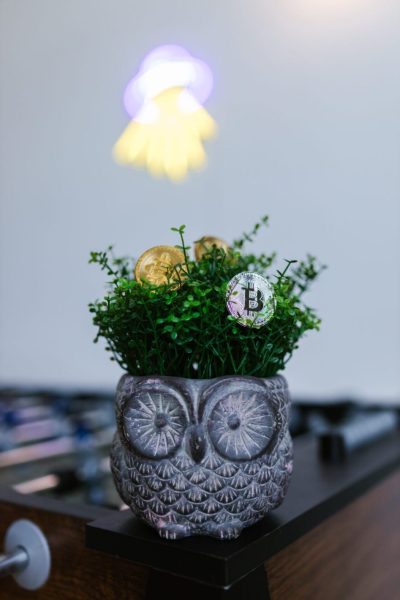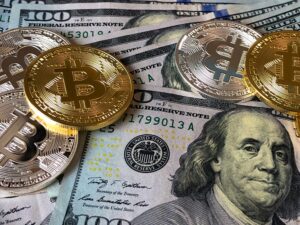
Societies have been trading commodities for hundreds of years. For ancient civilizations, this trade was essential to maintain their power over their territory. To this day, trading in commodities is essential to keep an economy alive. And for the individual investor, it’s a good way to further diversify your portfolio.
Trading Commodities
Although we have experience in trading commodities for centuries, the process is often very complex, inefficient, and not transparent. This allows many companies to act as intermediaries and make money thanks to the inefficiency of the market. In addition, it is also expensive for companies to manage the infrastructure and the risks of their commodities trading.
Blockchain is the underlying technology of several cryptocurrencies and could offer a potential solution for industries that benefit from greater transparency and efficiency, as well as commodity trading.
Buying cryptocurrencies is quite easy these days. The technology offers the possibility to streamline internal processes, as well as interactions with different companies. This can lead to a lower cost of labor, as well as a lower cost of capital through faster settlements and a lower cost of technology.
Blockchain
Blockchain is a database in which information is put into a block. This block is then linked with a cryptographic hash to a previous block. This creates a chronological information chain of secure blocks of information that cannot be changed. This information chain is stored and copied in different computers that are connected to each other in a network. This creates a transparent database of information that no party can tamper with.
Blockchain can therefore ensure that buyer and seller can negotiate directly with each other without an intermediary. It can reduce the complex process of the
Digitize and facilitate commodity trading. For example, a number of startups in Zug, Switzerland, already renamed crypto valley, are thinking of building a trading platform using blockchain.

The Main Questions
These are the main questions that are important to determine whether blockchain can be useful:
Is it valuable to have more transparency?
Blockchain offers a transparent information chain.
Is the resource finite? Blockchain ensures that no specific “unit” of the commodity can be counted twice.
Is it important to have a database where information can no longer be modified?
Are there different parties in the ecosystem?
The more parties, the more secure blockchain becomes.
Does trust play a role?
Blockchain improves trust between different parties by storing the database at different points.
Although it seems that blockchain can be a good solution to make commodities trading more efficient and transparent, there are still a lot of doubts. After all, companies have already invested heavily in their existing technology to make this process as streamlined as possible.
In addition, blockchain is bad news for intermediaries who often have a lot of power in the process and do not want to see their profit margin disappear.
These are difficulties that cannot be avoided with the advent of an important technology like blockchain. Yet there is no denying that even after centuries of trading commodities, we are still finding new ways to trade faster and better.
